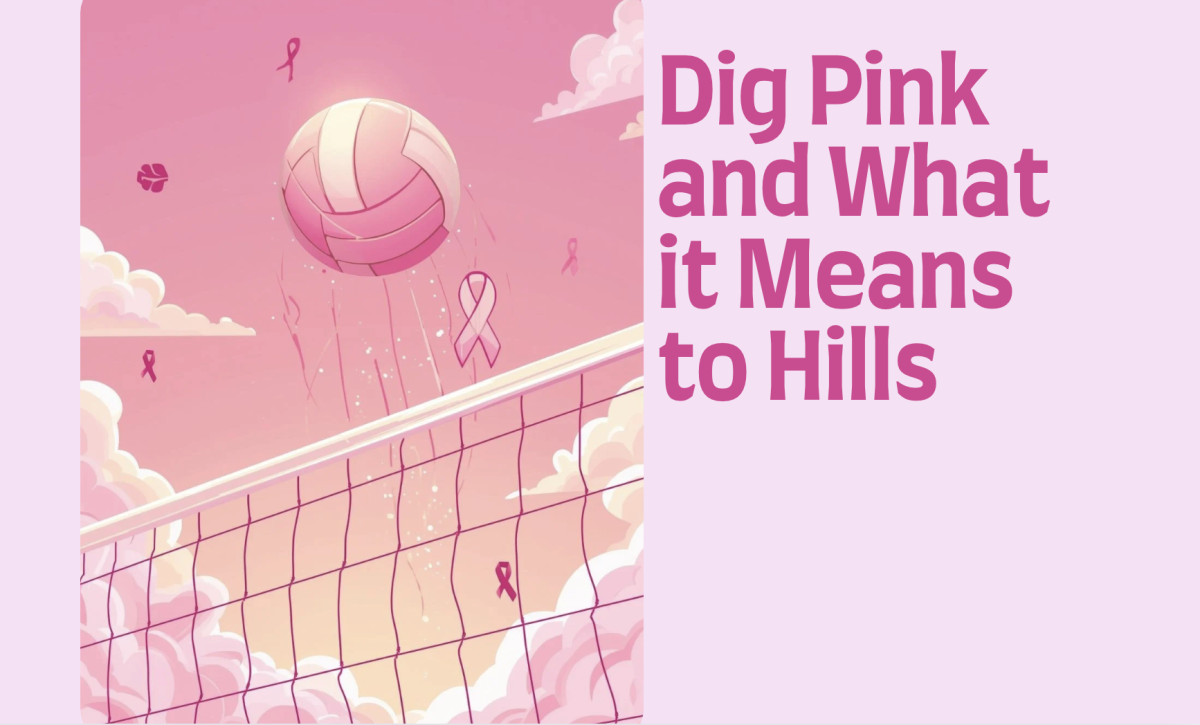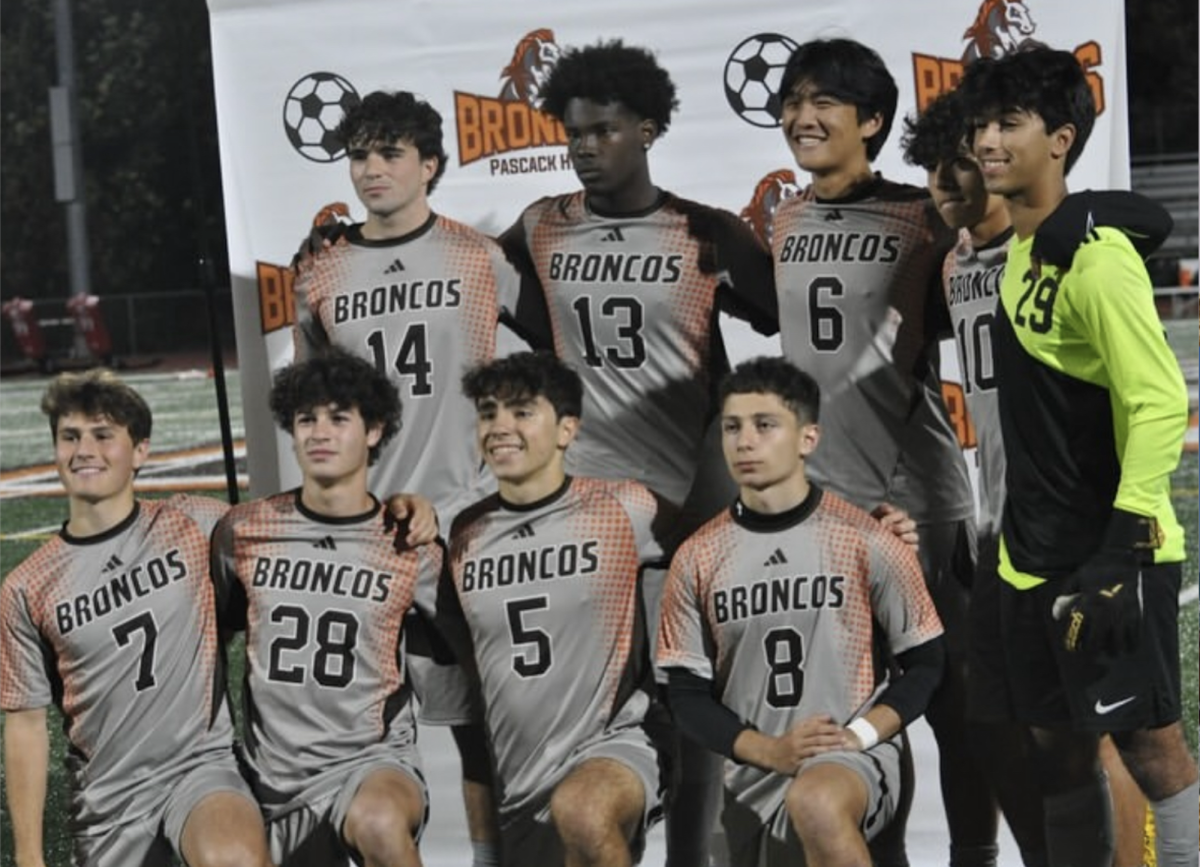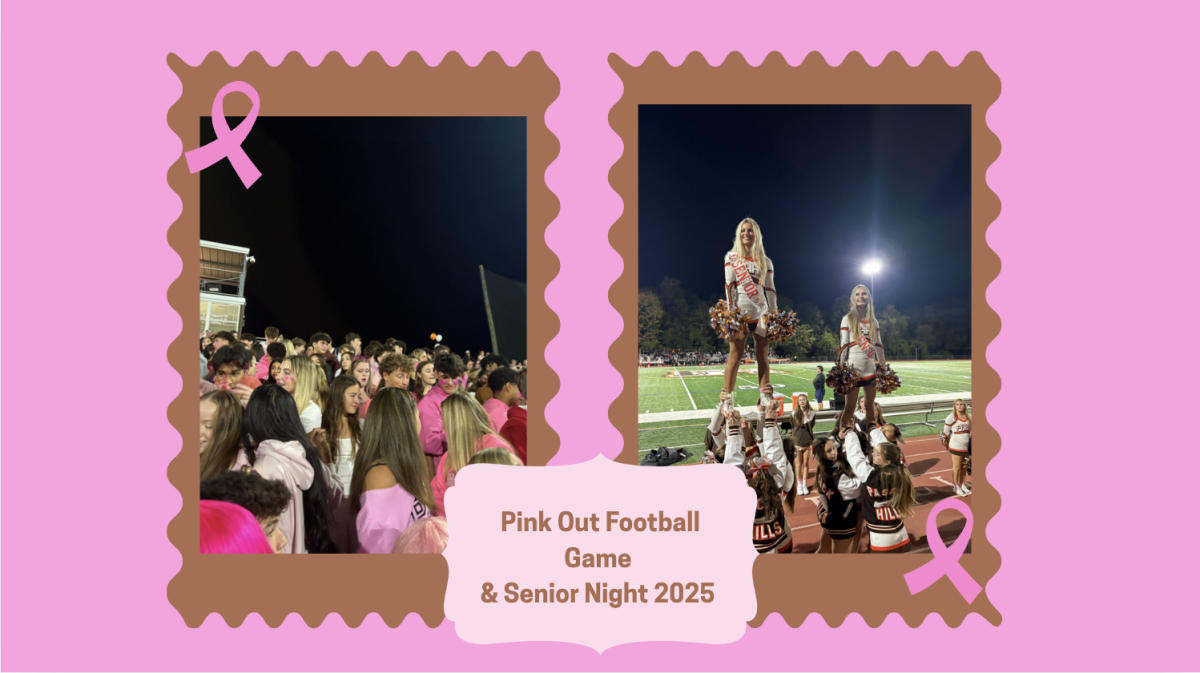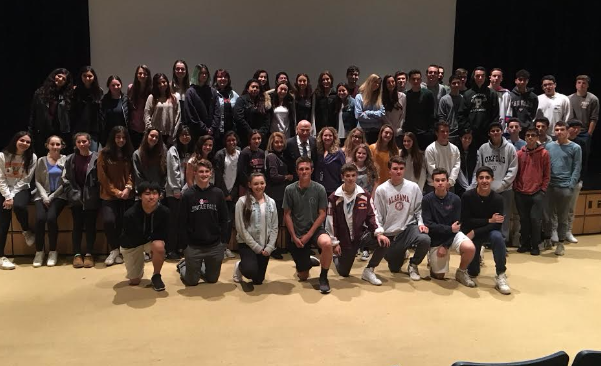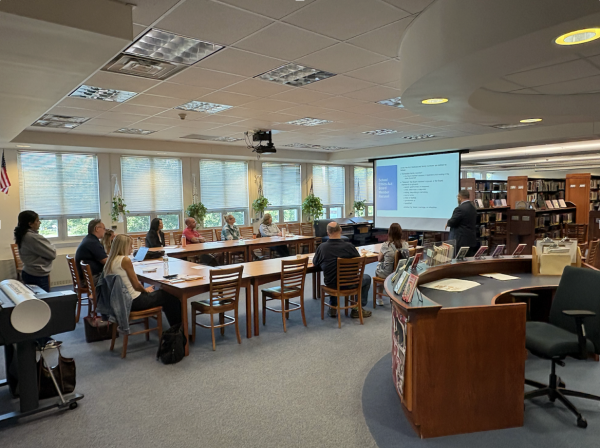Witness of Kristallnacht Speaks to Literature of the Holocaust Students
On November 6, Erwin Ganz, a witness of the horrific two days of Kristallnacht, visited Pascack Hills and spoke to Heather Lutz and her Literature of the Holocaust students. Ganz spoke about his early life, his experiences living in Germany at the time, Kristallnacht, and how he came to America.
“This is the story of a boy living in Nazi Germany during 1933 through 1939,” Ganz said at the beginning of his tale. “This is my story.”
Ganz was born in Frankfurt Germany in 1929. He lived there until about age 4 when his father lost his job and his family moved to Bernkastel-Kues. Here the family stayed with his grandmother. He said that there were about 30 Jewish families living in town at that time with one synagogue present.
In 1933, Adolf Hitler came to power and everything changed for the Jewish community in Germany. Hitler passed the Nuremberg Laws, which were a series of laws that stripped German Jews of their civil rights and declared them to be illegal aliens of the country. These laws prevented them from attending schools, enlisting in the military, and prevented people from shopping at Jewish businesses- leaving Jews with little to no economic and social safety.
In order to get an education, Ganz’s parents sent him on a train to Wittlich each morning to a school that taught Jewish children. He attended the school from age 5 to age 8. At this point he showed the Hills’ students the train pass he used going to school when he was a boy, which he one day hopes to donate to the Holocaust Museum in Washington D.C.
Ganz’s life changed even more drastically when his father fled to the United States to escape from the Nazi regime.
“Every night, my father would come into my room and say good night. I remember my father talking to me later than usual one night,” Ganz said. “I didn’t think anything was strange. But when I woke up, he wasn’t there. I asked my mother where he was and she said that he as gone.”
As for Kristallnacht, Ganz will never be able to forget what happened. He described the day as “being overcast and gray.” On November 9, 1938, Ganz’s mother picked him up from the train station after school and brought a banana with her, which was considered a delicacy at the time.
“She gave me the banana to distract me from the tragedy,” Ganz said.
When they arrived at home, Ganz noticed that his house was destroyed. The windows, picture frames and other glass objects were smashed. There were hatchet marks on the doors, on the walls, and on their framed pictures. He knew that the Hitler Youth group had done this.
In town, things did not fare much better. The windows of Jewish houses and businesses were smashed. Grown men were dragged out of their houses and beaten on the street. The only synagogue was burned to the ground.
“I still remember seeing flames in the sky that night. I will never forget that sight as long as I live,” Ganz said.
After Kristallnacht, things only became worse for Ganz and his family. Jews were forced to give up their wealth to the Gestapo. The school that Ganz attended in Wittlich was destroyed and Jews in the community were censored. The Nazi regime was also in the beginning stages of rounding up the Jews and sending them to concentration camps.
Ganz’s mother stayed in touch with his father in America through letters. She would include a lock of her hair in the letter to let him know that things were okay at the time and sent the letters without hair if it was a bad day. Finally, Ganz’s father saved up enough money and paid to have Ganz, his brother, and his mother sent on a boat to America.
Ganz also spoke a little bit about his life in America and growing up as an immigrant. He worked a few odd jobs to make money for his family, including working as a delivery boy for a bakery. When he was older, he attended night classes at Seton hall University and joined the New Jersey division of the National Guard.
Ganz also talked briefly about a few visits he has taken to Bernkastel-Kues since coming to America. He talked about visiting the house he grew up in, visiting a Jewish cemetery that was ravaged by Nazis during World War II, and meeting with the town historian to see records that the Gestapo kept of all of the Jews living in the community.
At the end, Ganz left time for the students to ask a few questions. Junior Rachel Paulsen asked him how he learned of the Holocaust since he was in America at the time. Ganz replied that he learned about the Holocaust through relatives living in Germany and through a German newspaper he and his family received in America. He stressed the importance of remembering the Holocaust since “they’ll be no one left to tell the story” when those who have lived through it are gone.
Another student asked about whether Ganz misses his old life in Germany and how he feels about Germany owning up to the events that happened.
“My country is America,” Ganz replied. “It’s the country that saved my life.”
Ganz spoke very briefly about anti-Semitism before he finished his visit. He spoke about how anti- Semitism, unfortunately, still exists around the world and in America. He imparted the students with a few words of wisdom.
“They are the future,” Ganz said about the current generation. “They must resist all discrimination so what happened to me won’t happen again.”

Matt is a senior and this is his second year as the In-Depth editor for The Trailblazer. Matt is excited to lead writers into hard-hitting journalism and write exposés. Although he’s sad his time is ending soon, he knows that his proteges will do well, but until then, he is ready to teach them all he knows!






